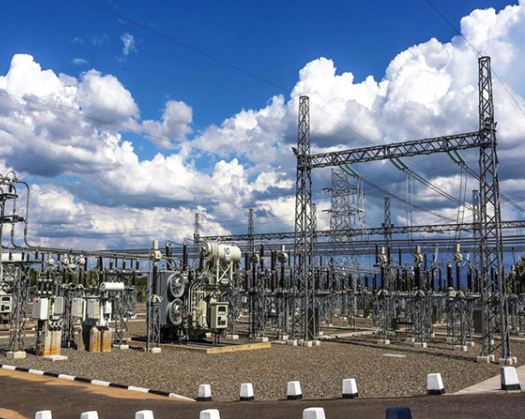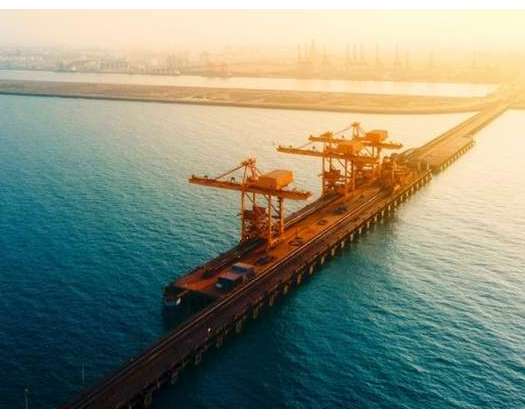The Asian Development Bank (ADB) has approved a $100 million policy-based loan to assist in implementing reforms in Sri Lanka, specifically focusing on improving the financial stability of the power sector in the country.
According to a statement released by the regional development bank on July 11, the Power Sector Reforms and Financial Sustainability Program will work alongside the International Monetary Fund's Extended Fund Facility arrangement to enhance the operational efficiency and competitiveness of Sri Lanka's power sector.
This initiative aims to create a favorable environment for private investments, promote the development of renewable energy, and upgrade power grids.
Jaimes Kolantharaj, ADB Principal Energy Specialist, emphasized the importance of developing cost-effective renewable energy sources and ensuring a reliable and affordable electricity supply through a transparent and independent regulatory framework for the power sector in Sri Lanka. This, in turn, will contribute to economic growth and help address the current financial and economic challenges faced by the country.
Furthermore, the program will facilitate the transition to clean energy by supporting regulatory reforms and implementing a new national tariff policy to enhance the financial sustainability of the sector through the use of cost-reflective tariffs.
To expedite investments in renewable energy, the initiative will support various projects outlined in the renewable energy expansion plans for 2023-2030. These projects will involve revising feed-in tariffs for small power plants and rooftop solar users, integrating renewable energy projects into the national grid, and implementing a competitive procurement framework for renewable energy projects.
The Asian Development Bank (ADB) has announced a USD 1 million technical assistance grant from its Technical Assistance Special Fund to aid in the power sector reforms in the country.
Following a financial crisis in 2022 due to dwindling foreign exchange reserves, the economy of the island nation is gradually stabilizing. Sri Lanka faced significant economic challenges as a result of previous policy errors.
Since then, the economy has shown signs of improvement in recent months.
After experiencing a severe financial crisis triggered by depleted foreign exchange reserves, the island nation defaulted on its foreign debt in May 2022, marking the worst financial crisis since gaining independence.













